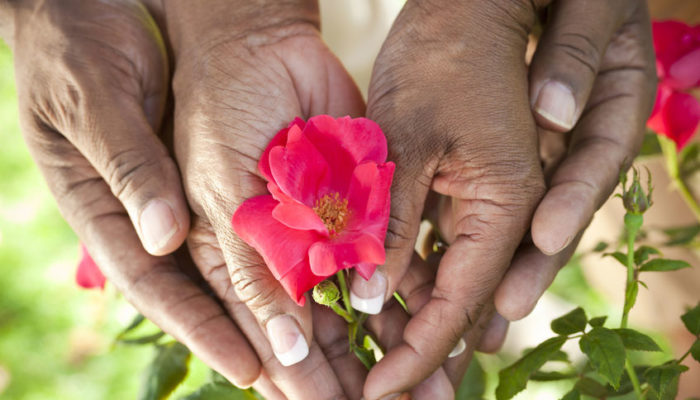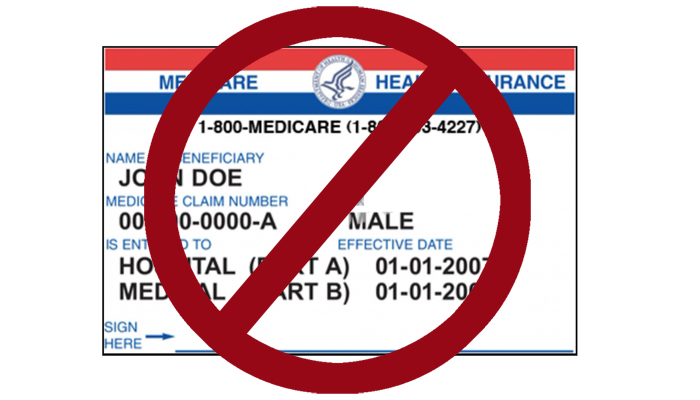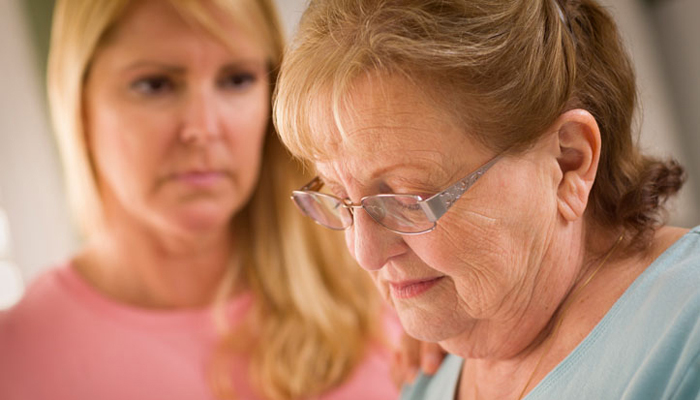
It is said that touch is our “first language.” As babies, it is through touch that we learn connection, trust, and well-being. Not just for children. Touch is integral to these feelings throughout our lifespan. But older adults have roughly 75% fewer touch receptors than 20-year-olds. In a twist of fate, when we literally need…










